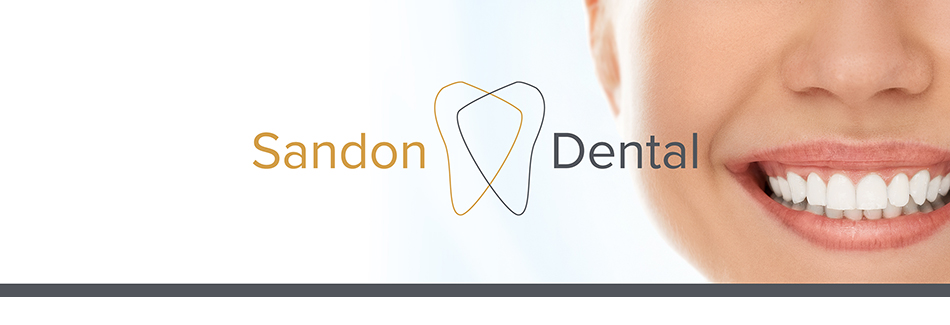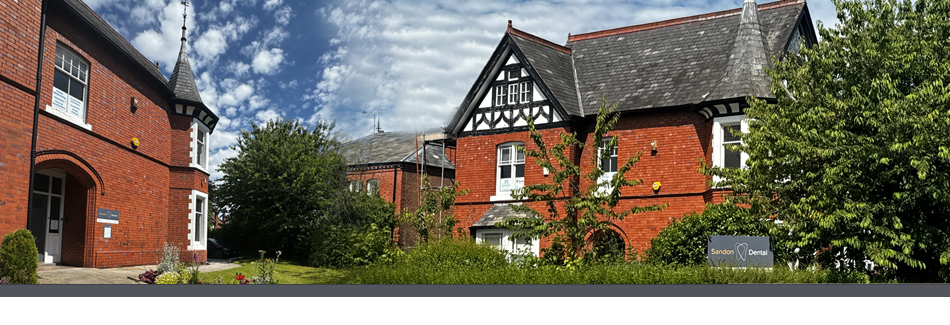Dental Factfiles

Accidents
An accident [trauma] that involves injury to the teeth, mouth and face are particularly common in childhood. Just over one third of all five-year-olds will have suffered an injury to their first [primary] teeth. By 12 years old, 20-30 per cent of children will have suffered injuries to their teeth. Boys are one third more likely to be affected.
Rapid action by parents, carers and teachers can save a child’s teeth, so it is important to know what to do if an accident should happen. With some injuries there is a much better chance of good recovery if treatment is given immediately, rather than waiting for professional assistance [see below] Any trauma or injury to first teeth (baby teeth) can affect the developing second teeth. Children who have had injuries to first teeth need to be monitored regularly by their dentist.
Injuries to the teeth can include a fracture of the tooth or root. The fracture can go through enamel only, through the enamel into the dentine (sensitive yellow tissue under the enamel), or into the pulp in the middle of a tooth (nerve and blood vessels).
Injury to the tissues that hold the tooth in place (periodontal ligament)
The tooth can be loosened or knocked out of its socket completely.
Severe injuries may include head injury and fractures of the jaw and facial bones. If severe injury is suspected, or there has been any period of loss of consciousness, the patient should be taken to hospital immediately
Urgent action that should be taken after injury to baby teeth [primary teeth]:
Calm the child down. Children will usually be very distressed.
Wash the blood away with plenty of cold water.
Use damp gauze, cotton, clean cloth or tissue to stop the bleeding by pressing on any wound including gums, tongue, lips and cheeks.
Try to locate any lost teeth or tooth fragments. It is important to show these to dental/medical staff to eliminate the risk that they have been inhaled.
Do not replace primary (first) teeth in the mouth. Infections that may occur after replacement of a primary or baby tooth could affect the development of second teeth.
Urgent action after injury to permanent teeth (second teeth):
Remain calm and reassure the victim.
Wash the areas of injury with plenty of water
Apply a cold compress of damp cotton, gauze, clean cloth or tissue, with pressure, for five minutes to stop the bleeding.
Locate any pieces of broken tooth and put the fragments in water. These may be able to be used to repair the broken tooth with special dental adhesive and filling material.
If a whole tooth has been knocked out (avulsed) pick up the tooth by the crown [top]. Do not touch or scrub the root. If it has been soiled, it can be gently washed for about 10 seconds under a cool tap. Hold the tooth by the crown and gently insert it into its socket then ask the casualty to bite on a damp cloth while they are taken to a dentist.
If it is not possible to insert the tooth, put it in some milk, or ask the victim to place the tooth in their mouth between their teeth and cheek. Seek immediate dental assistance.
Long-term follow-up
Patients who have had an accident to either first or second teeth need to be monitored by a dentist. Teeth may appear fine at first, but some teeth can show reaction to damage months, or even years, after the event. A dentist will be able to advise on the necessary follow-up period
Prevention
Toddlers and young children, when they begin to explore their surroundings, are often unsteady on their feet. Furniture is used to support awkward first steps, and falling on to a coffee table is common. Making the home as safe as is possible before a child begins to walk (9-12 months) and not allowing children to walk with cups or bottles (or other objects) in their mouths can prevent many injuries.
Sport results in many injuries to the teeth. A thorough check-up at the beginning of each season to identify teeth at risk and the provision of a mouthguard, fitted by a dentist, provide the best protection possible. Anyone involved in contact sports [e.g. soccer, rugby, hockey, boxing and wrestling] should have mouthguard protection. Even non-contact sports [e.g. basketball, squash, skateboarding, and cycling] can cause damage to the teeth and participants would benefit from the use of mouthguards.
Patients with physical disabilities or conditions that may cause them to fall [e.g. epilepsy] are more prone to accidents that involve the teeth. A dentist can give advice in these cases.
Prominent front teeth (anterior), especially if not covered by the lips, are much more likely to be fractured. Orthodontic treatment (aligning the teeth with braces) reduces this risk.
Seat belts, appropriate child restraints, and car seats all prevent trauma to teeth, mouth and face, as well as the rest of the body.

